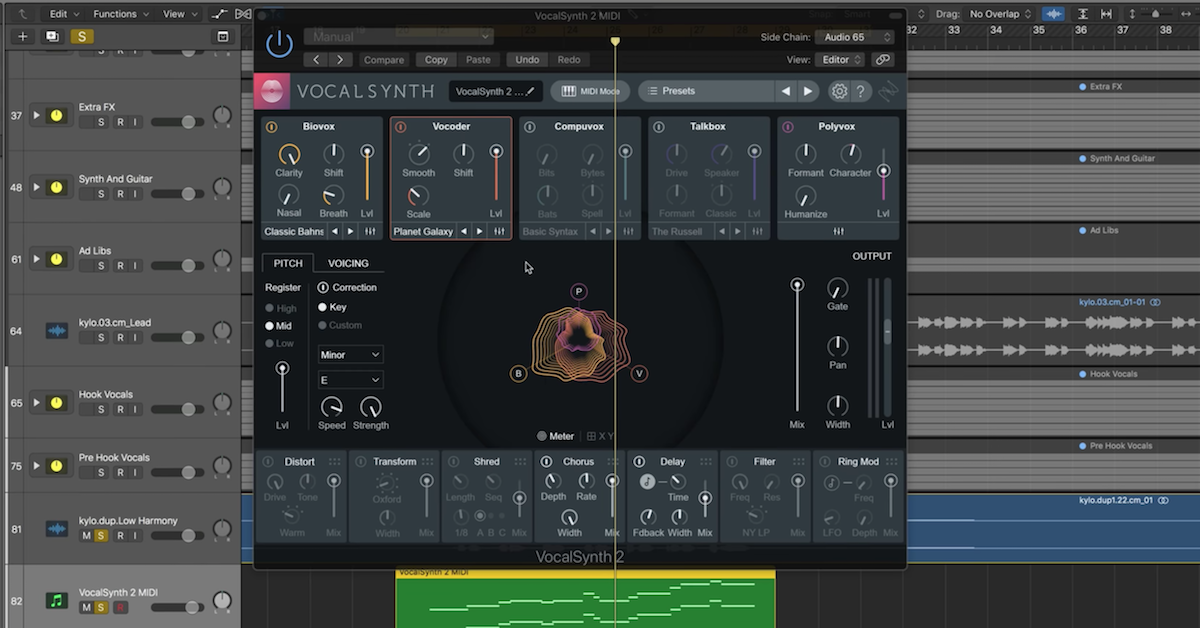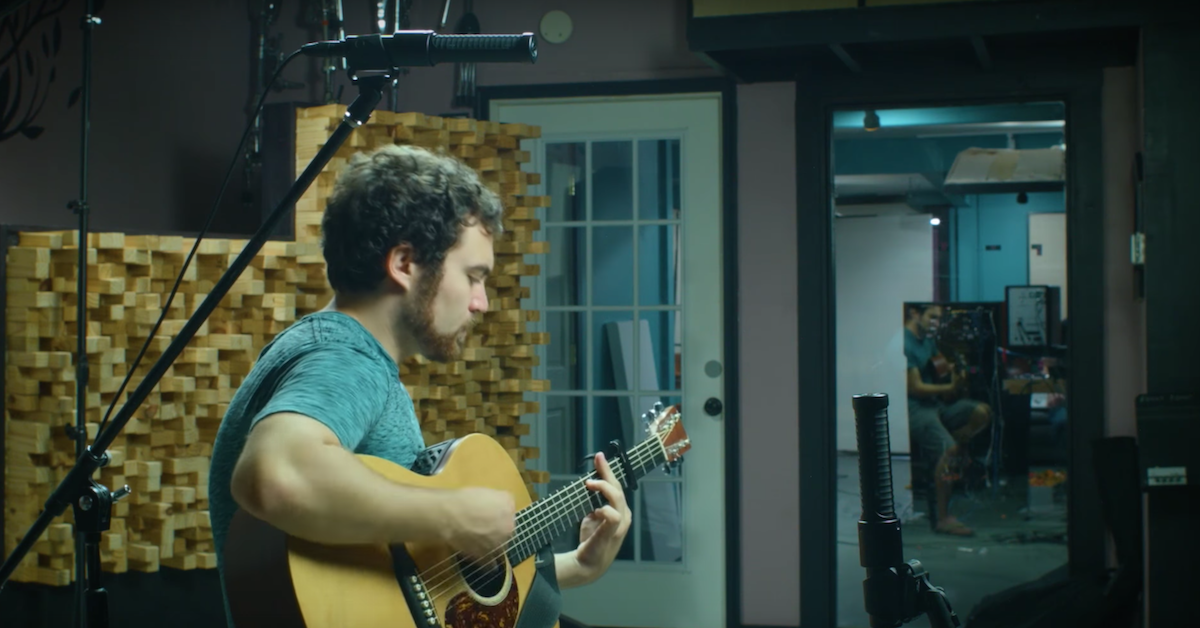Time is Money: Deadlines, Templates, Schedules & More
Article Content
When people get into the music biz, they’re often surprised how much of a deadline business it is.
Whether you’re preparing for a short-notice gig, finishing an album for a scheduled release or composing for commercials, deadlines are a big part of it.
In this post, I talked to Gene Back (composer for TV commercials, songwriter, and multi-instrumentalist) and Teddy Kumpel (mixing, recording engineer, guitarist and composer).
I asked them to share their wisdom on the subject. Here’s what they said:
Do you prefer to work on a deadline?
Gene: Yes, definitely. I used to think that deadlines would damage or limit creativity. But it’s really about perspective. In my opinion, if you’ve already mentally assumed beforehand that a deadline will somehow destroy originality or creativity, you might as well not even try. Deadlines are challenges. Challenges inspire. Inspiration + execution = good product.
Teddy: I can’t say I prefer it, but it’s necessary. If you want it done, it must have some sort of time it should be done by. I just like when people know what they need and tell me. The worst is when they come up with a fake deadline that is 2 days away, halfway through the work.
—
What’s the craziest deadline you’ve had?
Gene: 2 hours. That doesn’t happen so often.
Teddy: With TV work—commercials mostly—there’s always a “get it done by tomorrow” thing…that can be a real nightmare. I like to work regular hours during the day. Commercials are usually going to mess that up. I guess that’s why I haven’t done any in the last year. I really prefer mixing records. Much more fun and inspiring.
—
What discipline have you found works for making deadlines? Waking up early? Editing as you go? Mixing as you go?
Gene: I’ve found that attitude is number one, by far. If you have a bad attitude about what you’re doing, it doesn’t matter how early you wake up or how fast you can edit. If you can psych yourself into thinking, “I’m going to nail this project,” no matter how dull or exciting the project is, discipline, speed, and creativity follow. It sounds a little Type A, but I feel it’s the only way to keep up with the competition. And there’s always competition.
Teddy: Waking up early helps. Just getting to the work at hand. Thankfully, I love my work so there’s rarely a problem.
—
What’s the biggest time suck on a project? How do you prevent it?
Gene: Tiredness, fatigue. After a while, your mind and body crash. It’s always going to happen so I don’t really know how to prevent it. However, the best way I’ve found to tackle it is to allow myself to completely zone out with some sort of guided meditation and fall asleep for 20 minutes. Then you wake up, have a coffee, and that 20 minutes just saved you 2 hours.
Teddy: Vocal tuning. Sing right people!!!!
—
Do you work from templates for mixing? Or start from scratch every time? Does this speed up the process?
Gene: I’ve messed around with templates, but I end up switching every time. I’d rather start from scratch because every project is different. If you know your DAW and plugins well enough, and if you’re a fast typer and good with key commands, you’re going to be as fast as you’re going to get. But, one thing that has dramatically saved me time in terms of engineering, has been the use of a remote control. If you’re recording yourself and doing multiple takes, having a remote control like an iPad app or a Tranzport is definitely faster than going back and forth between the mic and keyboard.
Teddy: It certainly does speed things up. Mostly my template is about the master. The rest is tailored, but I save templates for a project if all the drum sounds want to be similar. The songs will tell me what to do. I trust them.
—
Do you follow the same process each time? For instance, starting with drums and building. Do you have a formula?
Gene: In general, I kind of follow a classical approach. I start off with the top voice/melody and bass. Everything else falls into place after that.
Teddy: I listen to the rough mix first. Then, generally, I start with vocals if there are any, and make the magic happen around them. Or, the lead instrument if it’s an instrumental.
—
How do you find a balance of life with erratic schedules and deadlines? For instance getting a last minute call on a Friday for a TV commercial.
Gene: If, as a musician/composer/artist, you’re not willing to skip out on Friday night plans for something that could potentially be really good for your career, you’re in the wrong field. However, that requires a really great support system. You need to have good friends and relationships that understand you’re not being rude or socially incompetent. On the contrary, they should know and respect the fact that you’re pursuing something great. I do it for them as much as I do it for me, so if I ever get to a point in my career when I can safely reject work, I hope I’ll have earned it.
Teddy: I learned to say, “No, thank you” when I really can’t manage it.
—
There you have it. Two different perspectives on the same subject. Are there ways you can easily hit your next deadline?





